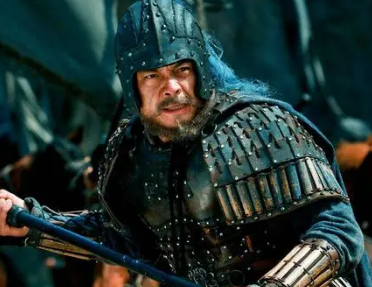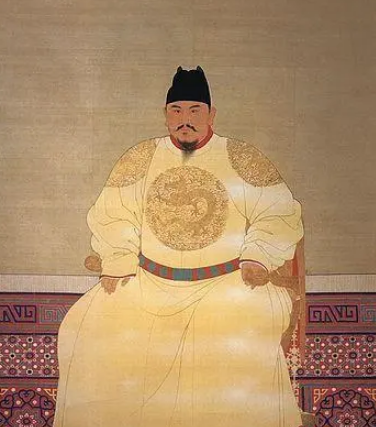Religion has played an important role in European history, ruling over Europe for several centuries. In the following, we will analyze this historical event from different perspectives.

First, the reign of religion in Europe began in the Middle Ages. During this period, Christianity became the most dominant religion in Europe, and the Catholic Church became one of the most powerful organizations in Europe. The Church controlled the thoughts and behaviors of the people through political, economic, and cultural means, establishing many papal courts, monasteries, and churches, forming a huge religious empire. Under this religious reign, the political, economic, and cultural development of Europe was slow, but there were also many important achievements, such as Gothic architecture and the Renaissance.
Second, the reign of religion in Europe continued until the 16th century. During this period, the Protestant Reformation occurred in Europe, with Martin Luther and others opposing the corruption and exploitation of the Catholic Church, advocating religious reform and freedom of belief. These movements gradually gained more and more support, ultimately leading to the decline of the Catholic Church in Europe and the rise of Protestant denominations. During this process, significant changes also occurred in the political and social structure of Europe, such as the divorce of King Henry VIII of England and the French Revolution.
Finally, the reign of religion in Europe gradually ended in the late 17th century. During this period, Europe experienced movements such as the Enlightenment and the Scientific Revolution, which led people to reflect on the authority and values of religion. At the same time, significant changes also occurred in the political and social structure of Europe, such as the decline of monarchical absolutism and the rise of democratic systems. These changes gradually weakened the reign of religion in Europe, until it eventually disappeared.
In summary, religion ruled over Europe for several centuries. It had a profound impact on the political, economic, and cultural development of Europe, but there were also some problems and drawbacks. By deeply understanding the development process and impact of this historical event, we can better understand the history and cultural traditions of Europe.
Disclaimer: The above content is sourced from the internet and the copyright belongs to the original author. If there is any infringement of your original copyright, please inform us and we will delete the relevant content as soon as possible.
































